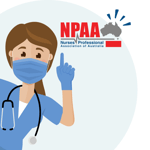Nursing is a rewarding yet demanding profession that requires dedication and skill. Whether you're a new nurse or a seasoned professional, here are essential tips to help you thrive in your nursing career:
1. Prioritise Self-care
Nursing can be physically and emotionally demanding. Make sure to prioritise self-care by getting enough sleep, eating well, and taking time to relax and unwind. Taking care of yourself will help you better care for your patients.
2. Seek Mentorship
Find experienced nurses who can serve as mentors and provide guidance as you navigate your new role. Don't be afraid to ask questions and seek advice from your colleagues. Learning from their experience can help you gain confidence and enhance your skills.
3. Embrace Continuous Learning
Nursing is a constantly evolving field, and it's essential to stay updated with the latest research, best practices, and evidence-based guidelines. Participate in continuing education programs, attend workshops or conferences, and seek out opportunities to expand your knowledge and skills.
research, best practices, and evidence-based guidelines. Participate in continuing education programs, attend workshops or conferences, and seek out opportunities to expand your knowledge and skills.
NPAA has partnered with RedU CPD to provide a library of quality online CPD courses for Red Union members. Click here to find out more.
4. Develop Effective Communication Skills
Effective communication is crucial in nursing. Practise active listening, ask clarifying questions, and ensure that you can communicate effectively with patients, their families, and other members of the healthcare team. Good communication can prevent misunderstandings, promote teamwork, and enhance patient care.
5. Be Organised & Manage Your Time Effectively
 Nursing can be fast-paced and demanding, so it's important to be organised and manage your time effectively. Develop good organisational habits, such as keeping a to-do list, prioritising tasks, and delegating when appropriate. Time management skills will help you stay on top of your responsibilities and provide efficient care to your patients.
Nursing can be fast-paced and demanding, so it's important to be organised and manage your time effectively. Develop good organisational habits, such as keeping a to-do list, prioritising tasks, and delegating when appropriate. Time management skills will help you stay on top of your responsibilities and provide efficient care to your patients.
6. Be Compassionate & Empathetic
Nursing is not just about providing physical care, but also about emotional support. Practice empathy and compassion towards your patients and their families, as they may be going through difficult times. Show kindness and respect, and always strive to provide patient-centred care.
7. Collaborate with the Healthcare Team
 Nursing is a team-based profession, and collaboration with other healthcare professionals is critical for providing comprehensive care. Develop effective teamwork skills, communicate and collaborate with physicians, pharmacists, and other members of the healthcare team to ensure coordinated and holistic patient care.
Nursing is a team-based profession, and collaboration with other healthcare professionals is critical for providing comprehensive care. Develop effective teamwork skills, communicate and collaborate with physicians, pharmacists, and other members of the healthcare team to ensure coordinated and holistic patient care.
8. Practise Critical Thinking
Effective communication is crucial in nursing. Practise active listening, ask clarifying questions, and ensure that you can communicate effectively with patients, their families, and other members of the healthcare team. Good communication can prevent misunderstandings, promote teamwork, and enhance patient care.
9. Take Care of Your Mental Health
 Nursing can be emotionally challenging, and it's essential to take care of your mental health. Seek support from trusted colleagues, friends, or family members, and don't hesitate to seek professional help if needed. Taking care of your mental health will help you stay resilient and provide quality care to your patients.
Nursing can be emotionally challenging, and it's essential to take care of your mental health. Seek support from trusted colleagues, friends, or family members, and don't hesitate to seek professional help if needed. Taking care of your mental health will help you stay resilient and provide quality care to your patients.
10. Night Shift Tips
Establish a Personal Routine: Find a routine that aligns with your body's natural rhythms to optimise alertness and productivity during night shifts.
Stock Up on Healthy Snacks: Keep nutritious snacks readily available to sustain energy levels throughout your shift without relying on caffeine or sugary foods.
Remember that nursing is a rewarding profession, but it can also be demanding.
By prioritising self-care, seeking mentorship, continuously learning, developing effective communication and organisational skills, practising compassion, collaborating with the healthcare team, honing critical thinking, following ethical principles, and taking care of your mental health, you can thrive in your nursing career and provide excellent care to your patients.
The NPAA is here to support you throughout your journey, we are committed to protecting the rights of our members and ensuring that they have a safe and healthy workplace.
 Why is the NPAA different? We believe that real change in healthcare STARTS with empowering frontline nurses, not bureaucrats.
Why is the NPAA different? We believe that real change in healthcare STARTS with empowering frontline nurses, not bureaucrats.
We invite you to experience the support, protection, and advocacy of NPAA yourself.

Want to find out more or have a question? Get in touch with us:
Phone: 1300 263 374
Email: hotline@npaa.asn.au
Or book a meeting
Best of luck in your nursing journey!



 Nursing can be fast-paced and demanding, so it's important to be organised and manage your time effectively. Develop good organisational habits, such as keeping a to-do list, prioritising tasks, and delegating when appropriate. Time management skills will help you stay on top of your responsibilities and provide efficient care to your patients.
Nursing can be fast-paced and demanding, so it's important to be organised and manage your time effectively. Develop good organisational habits, such as keeping a to-do list, prioritising tasks, and delegating when appropriate. Time management skills will help you stay on top of your responsibilities and provide efficient care to your patients.
 Nursing can be emotionally challenging, and it's essential to take care of your mental health. Seek support from trusted colleagues, friends, or family members, and don't hesitate to seek professional help if needed. Taking care of your mental health will help you stay resilient and provide quality care to your patients.
Nursing can be emotionally challenging, and it's essential to take care of your mental health. Seek support from trusted colleagues, friends, or family members, and don't hesitate to seek professional help if needed. Taking care of your mental health will help you stay resilient and provide quality care to your patients. Why is the NPAA different? We believe that real change in healthcare STARTS with empowering frontline nurses, not bureaucrats.
Why is the NPAA different? We believe that real change in healthcare STARTS with empowering frontline nurses, not bureaucrats.